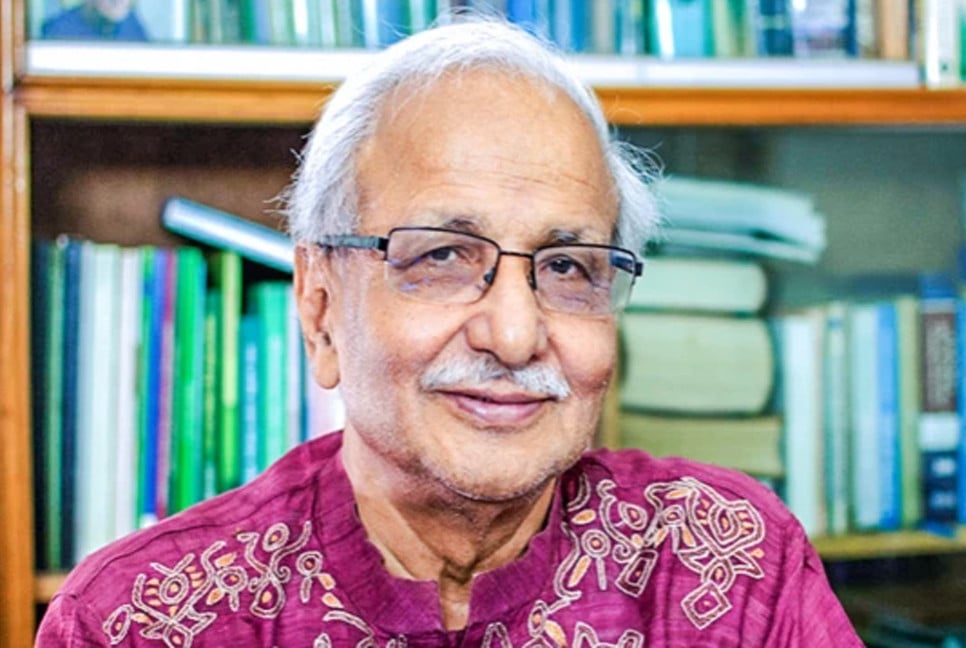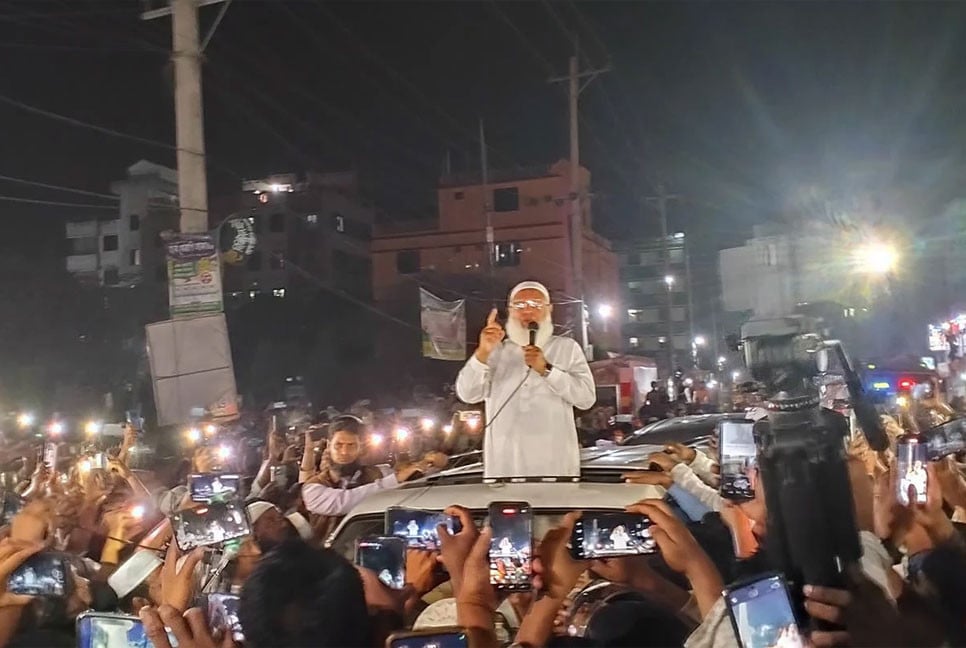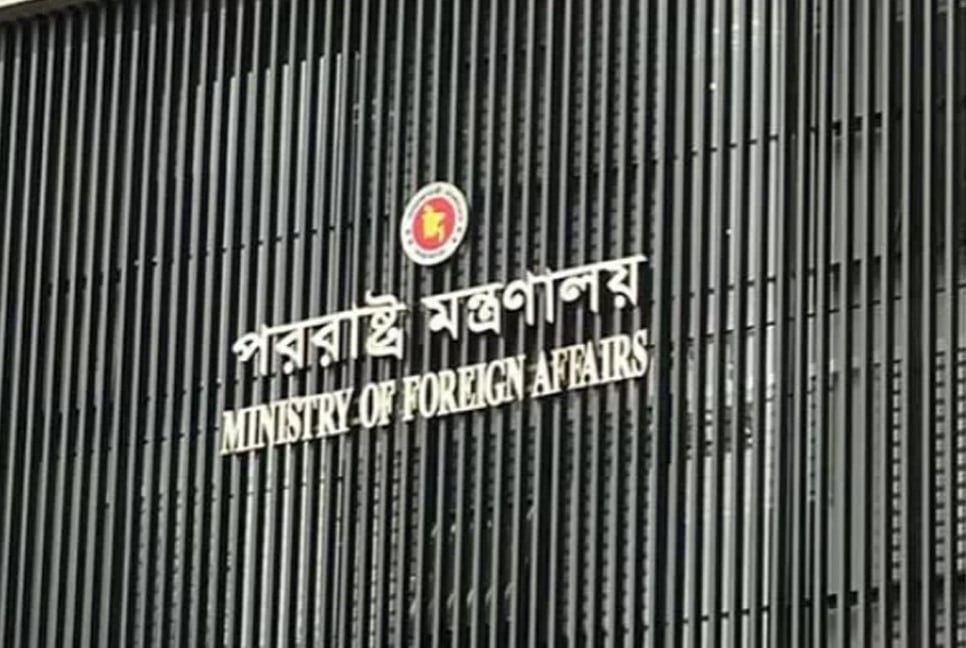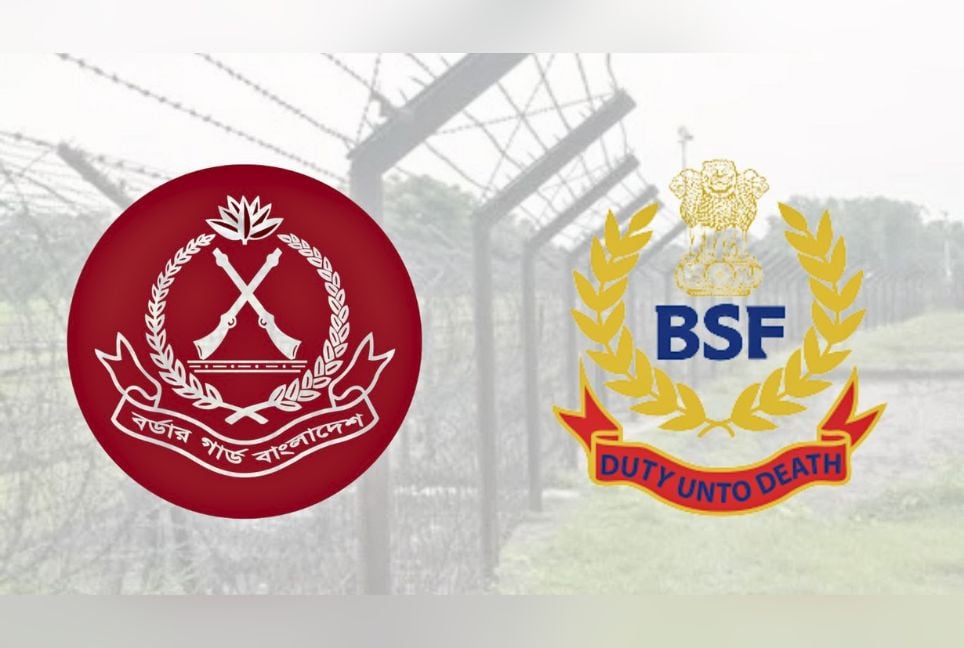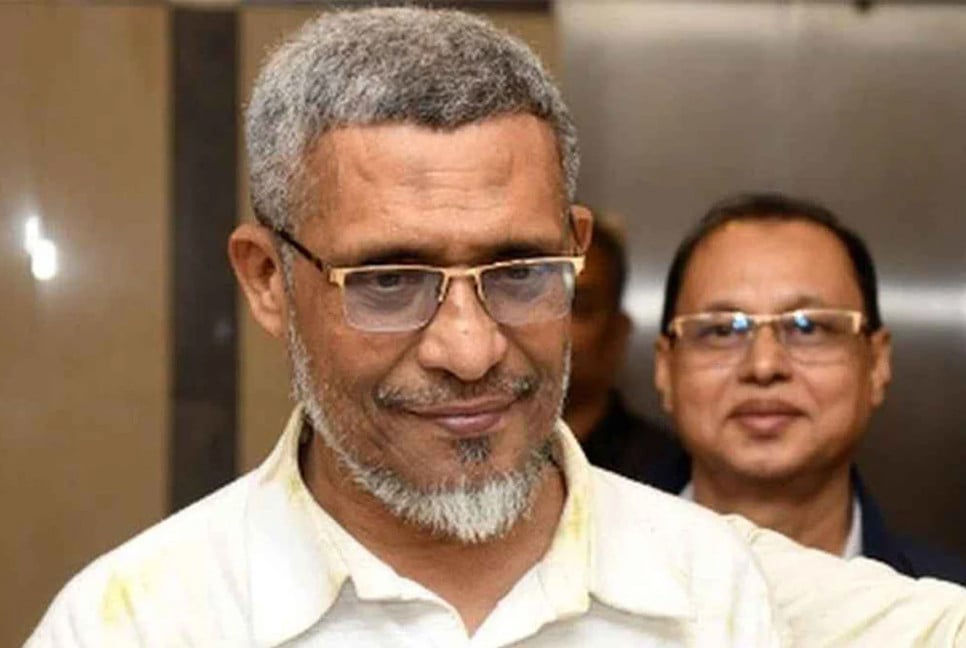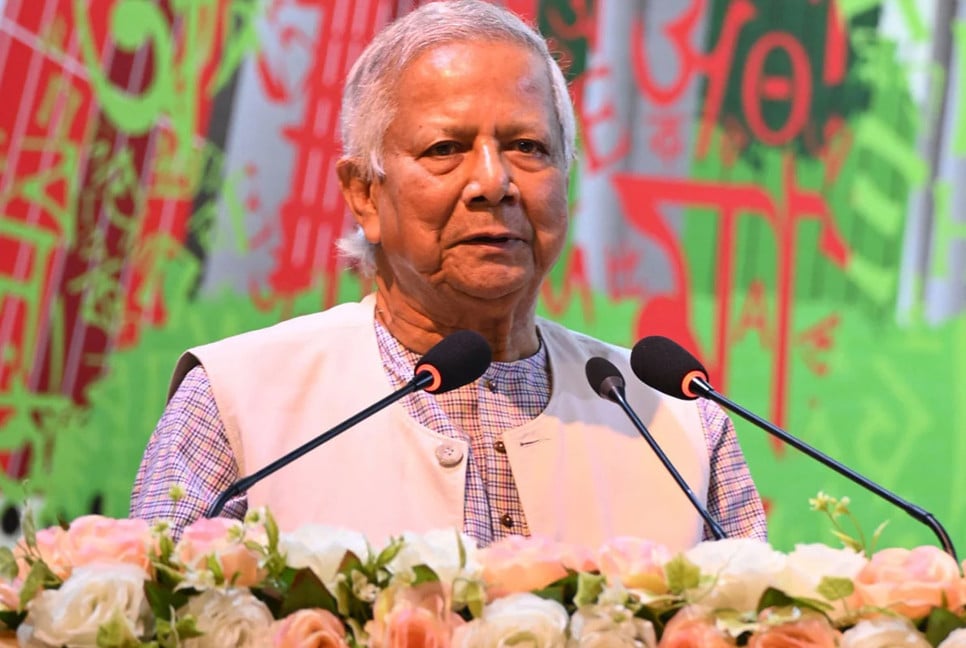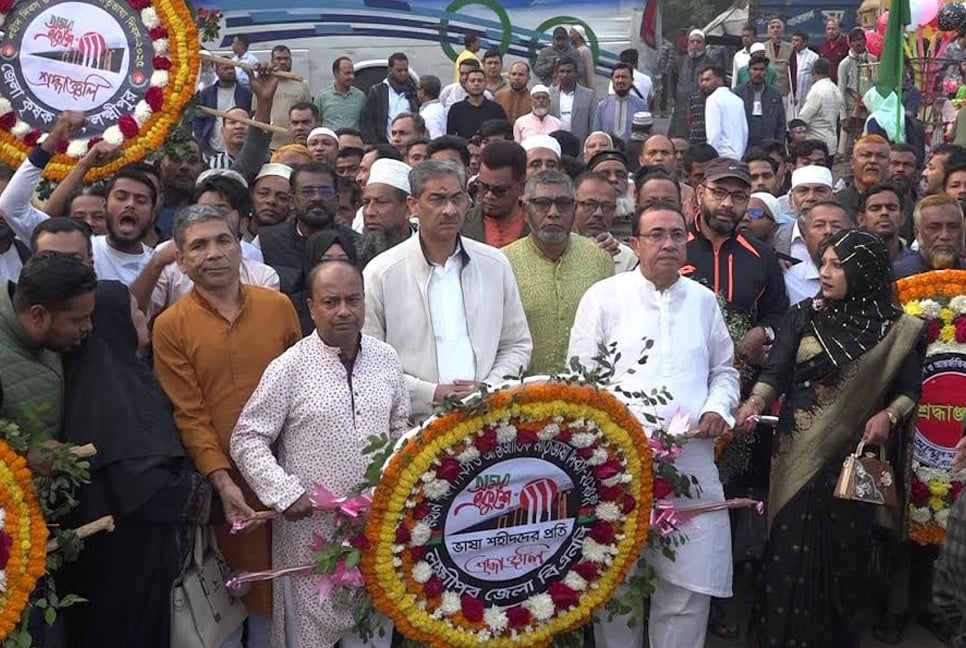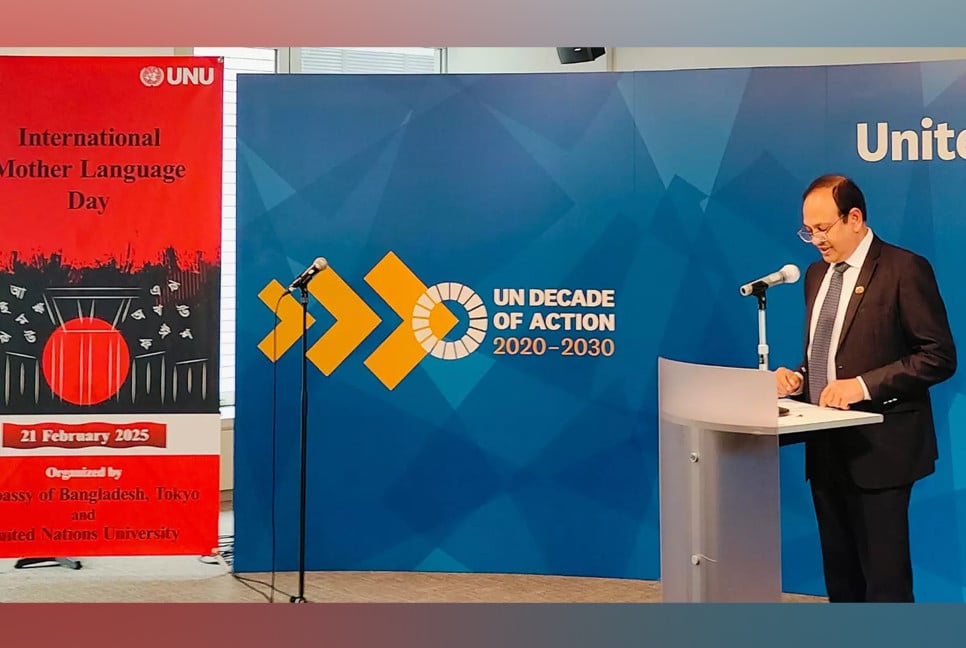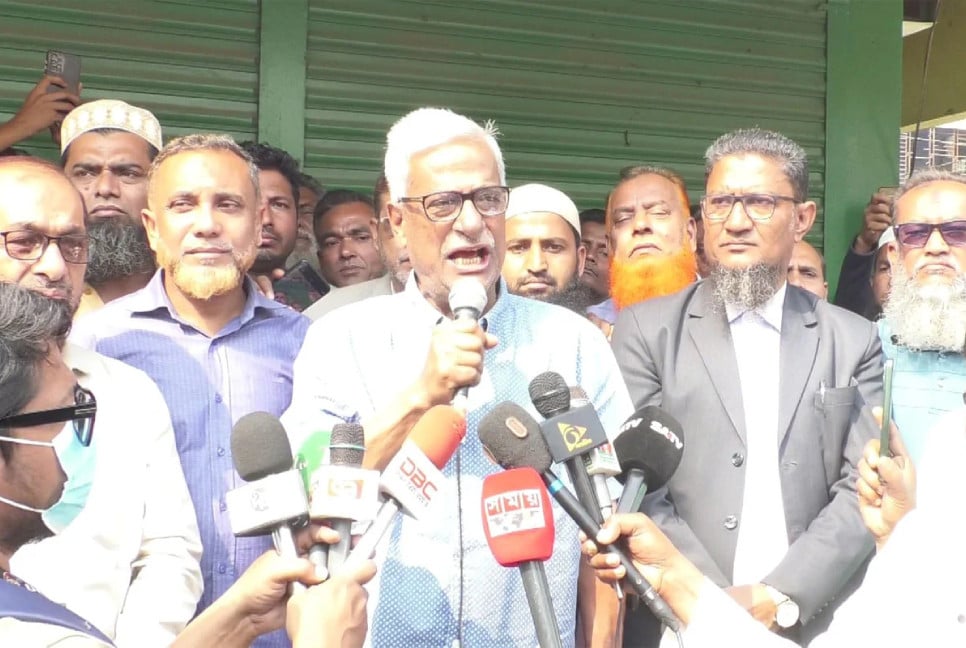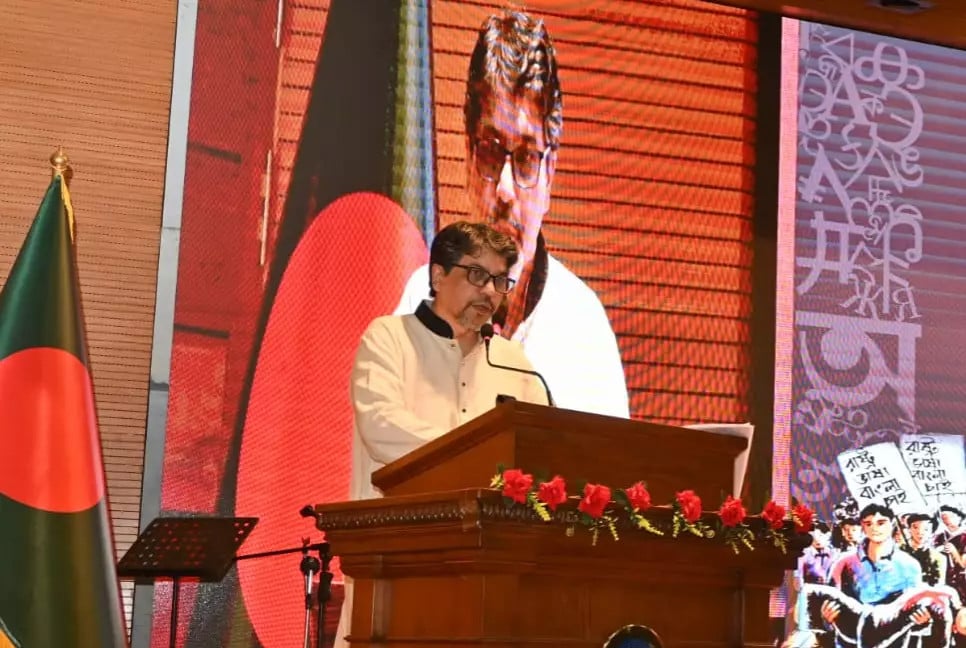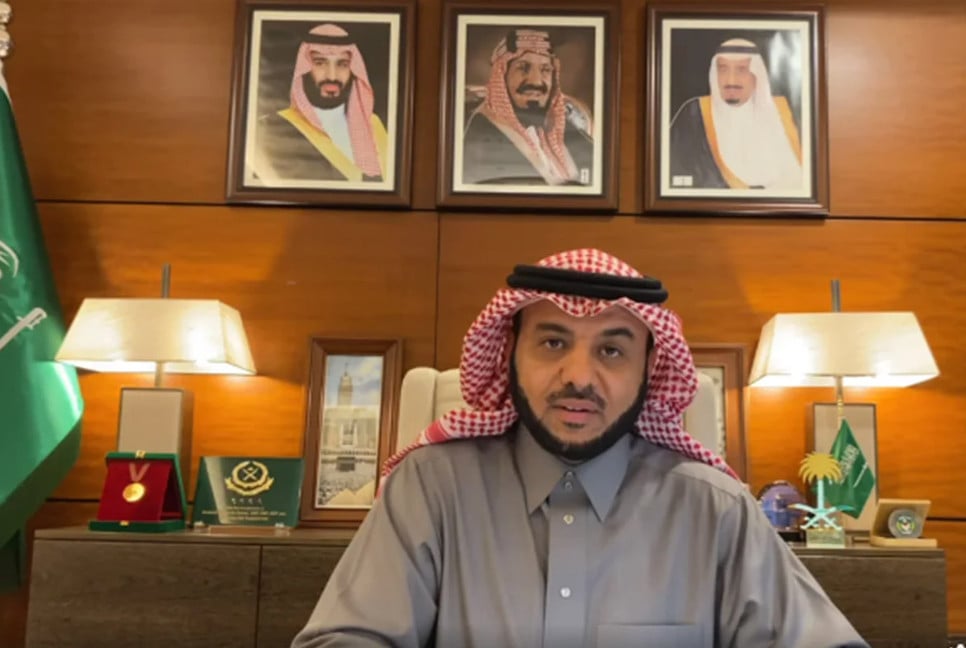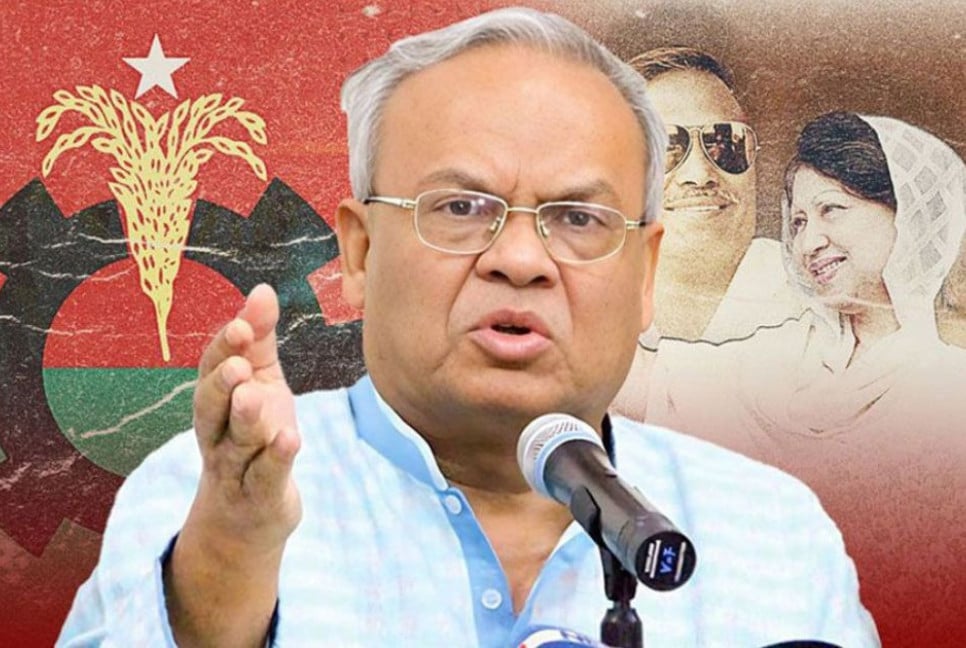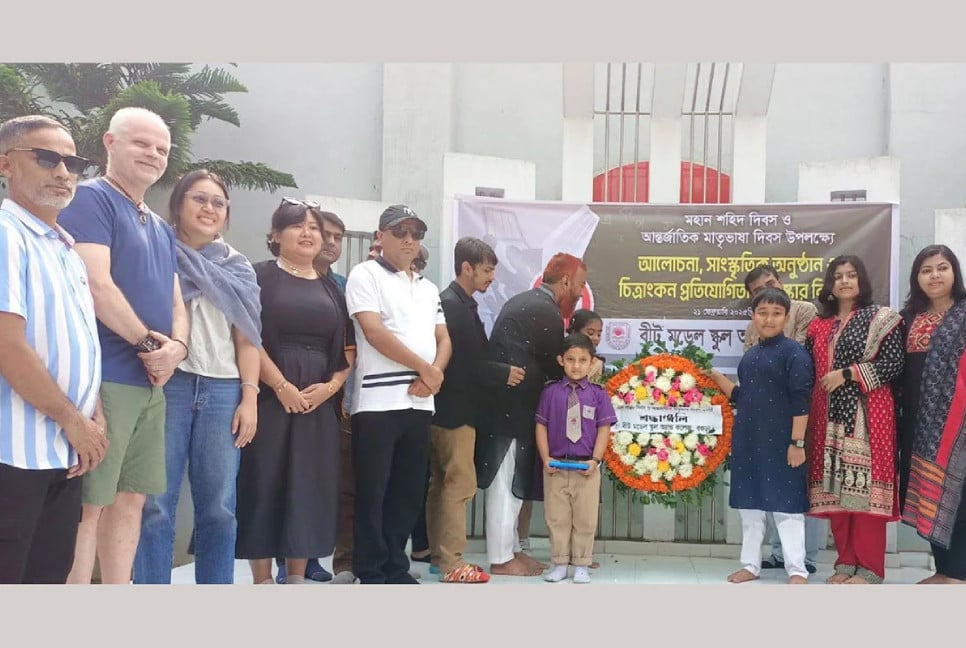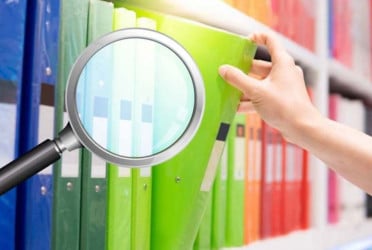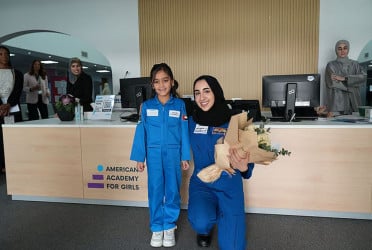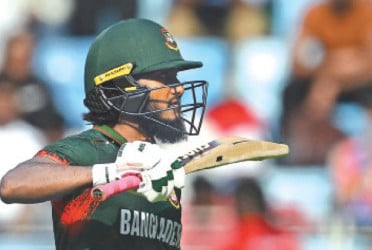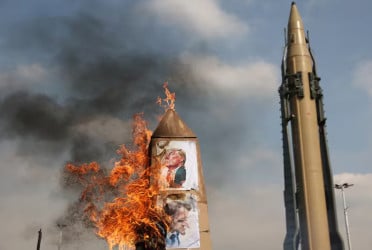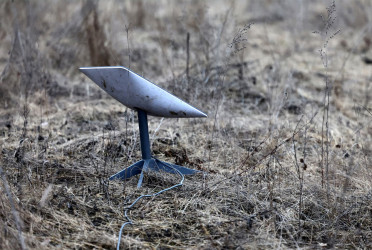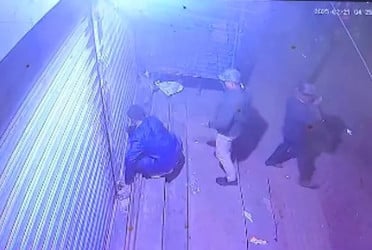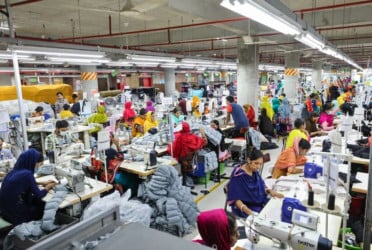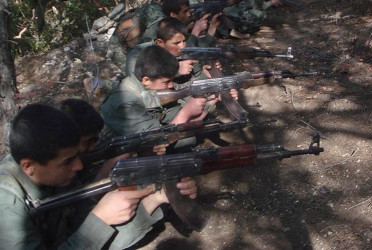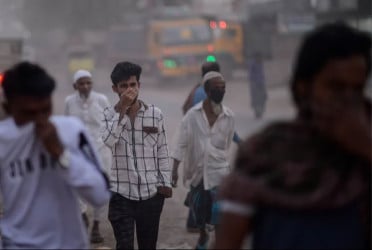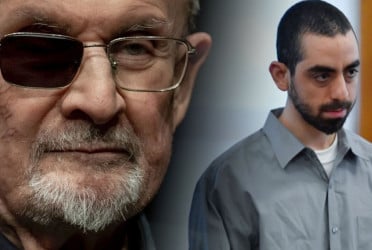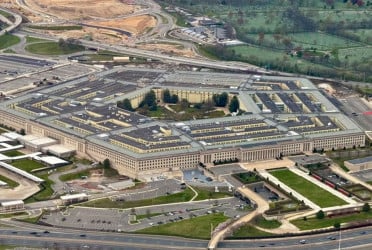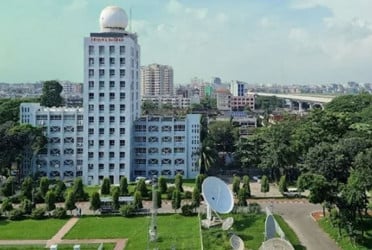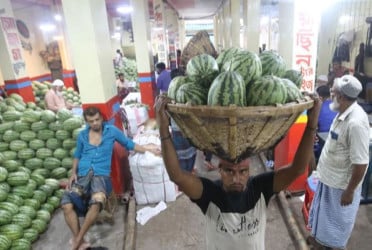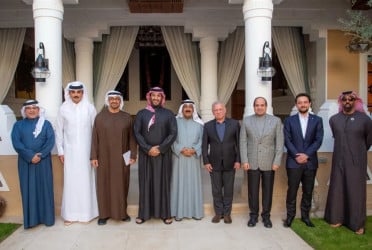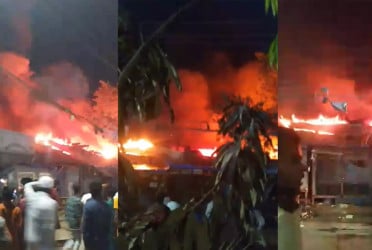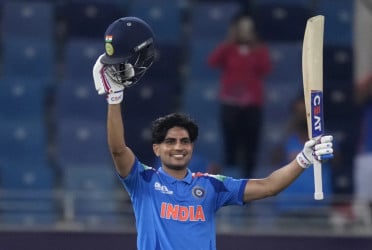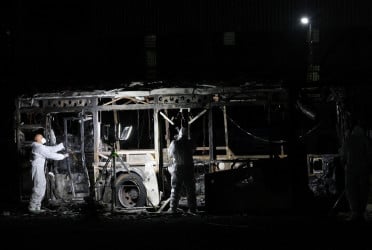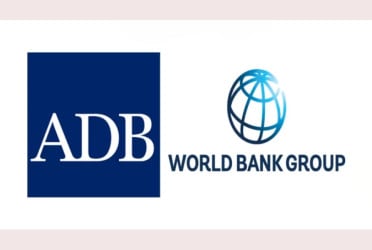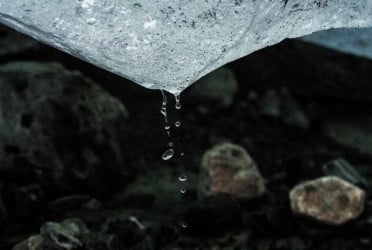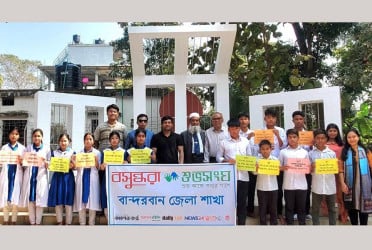Head of the Electoral Reform Commission, Dr Badiul Alam Majumdar, on Wednesday said a golden opportunity was created to eliminate injustices and discriminations from society, reports UNB.
“A wonderful opportunity has been created for us to eliminate all the injustices and discriminations that were done in the past. We want to build a country where equal opportunities will be created for everyone,” he said.
The reform commission chief made the remark while exchanging views with people from different classes and professions, including small ethnic communities, Dalits, and the disabled. The views-exchange meeting was held at the Parliament Complex in the capital.
He stressed the need for ending the culture of impunity. “We all are members of one family, regardless of race or religion. There should be no division within us,” he said.
If all carry out their own responsibilities and good governance is ensured, the rights of indigenous communities would be ensured, he added.
Dr Majumdar said his commission has not finalised its recommendations yet, but one thing is sure that there would be reflection so that Tribal, Dalits or any backward communities won’t be subjected to any kind of discrimination. “Their rights from the voting rights to legal rights should be established.”
Noting that the commission has already identified many existing inconsistencies, he said they have taken notes of proposal for a bicameral parliament, establishing a balance of power between the Prime Minister and the President, how the upper house could be elected and the rotation based reserve seats for women, which came up strongly in the previous talks held with different stakeholders.
“We have taken note of these proposals with honesty,” said the reform commission chief.
He said they want to get a clear picture of different ethnic groups, how many tribal people in the hilly districts and plain districts and how many are Dalit people. “We should have an idea that should be based on facts,” he said.
Dr Majumdar said there are problems with the voter list for the tribal community and various other communities. There are also mistakes in the names of my family members (in the voter list). “We will make recommendations on this matter,” he said.
Dr Tofail Ahmed, a member of the reform commission, said if they can place the recommendations properly and the government accepts these, there can be a revolutionary change in local government.
Ripon Chandra Banai, a member of Bangladesh Adivasi Forum, said the electoral system must ensure representation from the indigenous people both in parliamentary polls and local government body elections.
Bimal Chandra Rajwar, general secretary of the Jatiya Adivasi Parishad, said if any complaint is placed but it would not be resolved even after the election is over. So, the complaint should be resolved following an investigation within 24 hours to curb the use of money and muscle power.
He said they, the indigenous people of the plain districts, are disadvantaged and they don’t have representatives (in parliament and other local bodies). There should be some representatives from their communities as there are a lot of indigenous people in many places, he added.
Bd-pratidin English/Tanvir Raihan

